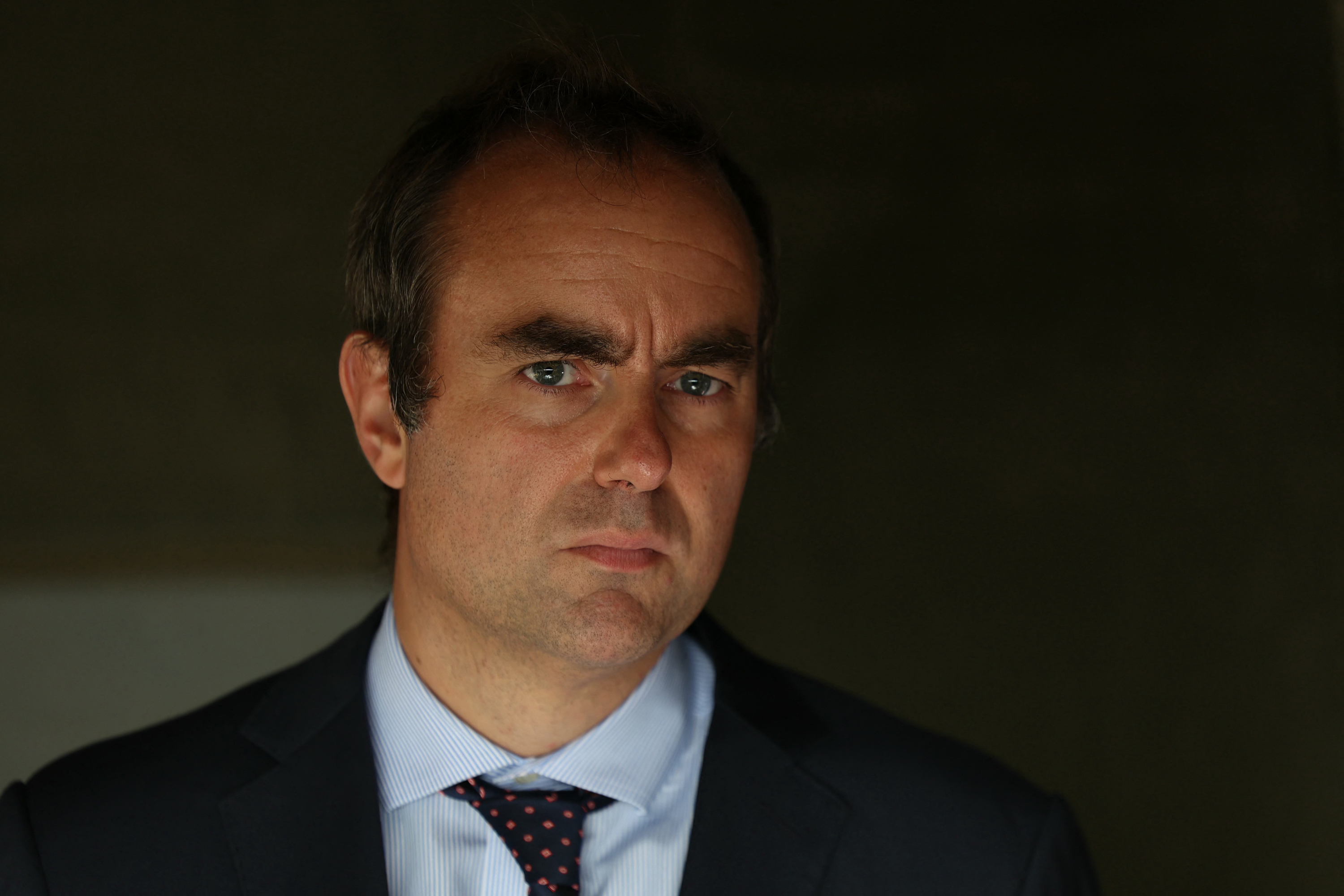Political Reactions Heat Up Following France's Proposed €6 Billion Budget Cuts
Prime Minister's proposal to cut state expenses meets backlash from CFDT over taxation and fiscal policies.
- • Prime Minister proposes €6 billion reduction in state expenses.
- • CFDT union expresses dissatisfaction with lack of wealth tax proposals.
- • Government emphasizes fairness in fiscal contributions as budget deficit rises to 4.7%.
- • Lecornu rejects the Zucman tax as a solution to wealth taxation.
Key details
In a revealing announcement on September 26, 2025, French Prime Minister Sébastien Lecornu unveiled plans to cut state expenses by €6 billion as part of a broader initiative aimed at fiscal reform. In an interview with *Le Parisien*, Lecornu highlighted the importance of decentralization in reshaping the state and its finances, while emphasizing the need for equitable contributions from the populace to ensure budget management is perceived as fair. He announced the elimination of lifetime benefits for former ministers set to begin on January 1, 2026, alongside a freeze on state communication spending for the year. The Prime Minister also shared projections of a budget deficit anticipated to rise to approximately 4.7%, slightly above the previous forecast of 4.6%, while still aiming for a target of 3% by 2029 without imposing austerity measures that could lead to social regression.
However, the government’s proposed measures have sparked significant dissent, particularly from the CFDT trade union. Following Lecornu’s announcements, the CFDT expressed its dissatisfaction, with deputy leader Yvan Ricordeau describing the government’s approach as inadequate in addressing fiscal justice, particularly the taxation of wealth. Notably, Lecornu dismissed the proposed Zucman tax aimed at taxing the wealthy, asserting it was not the right solution. Ricordeau stressed that clear proposals for taxing high wealth and inheritance were noticeably absent, creating disappointment among union members who were expecting a more progressive financial strategy.
Despite the proposed reforms, the ongoing political dialogue highlights a growing tension between government fiscal policies and labor interests in France, with unions seeking more substantial measures to address inequalities in taxation.
This article was translated and synthesized from French sources, providing English-speaking readers with local perspectives.
Source articles (2)
Source comparison
Projected budget deficit
lefigaro.fr
"The Prime Minister's budget deficit is projected to be approximately 4.7%."
lefigaro.fr
"The budget deficit is projected to be approximately 4.7%, slightly higher than the predecessor's forecast of 4.6%."
Latest news
Pau's Local Election Campaign Gathers Momentum Amid Broader Political and Economic Concerns
French Companies and Regions Accelerate Efforts in Nature-Related Economic Transition
France Heightens Military Readiness Amid Iran Conflict, Pledges Defense Support to Gulf States
Jean-Luc Mélenchon Faces Accusations of Antisemitism Over Joke on Raphaël Glucksmann's Name
Tensions and New Faces Mark the 2026 French Municipal Elections
France Bolsters Military Presence in Gulf Following Iranian Drone Attacks
The top news stories in France
Delivered straight to your inbox each morning.

